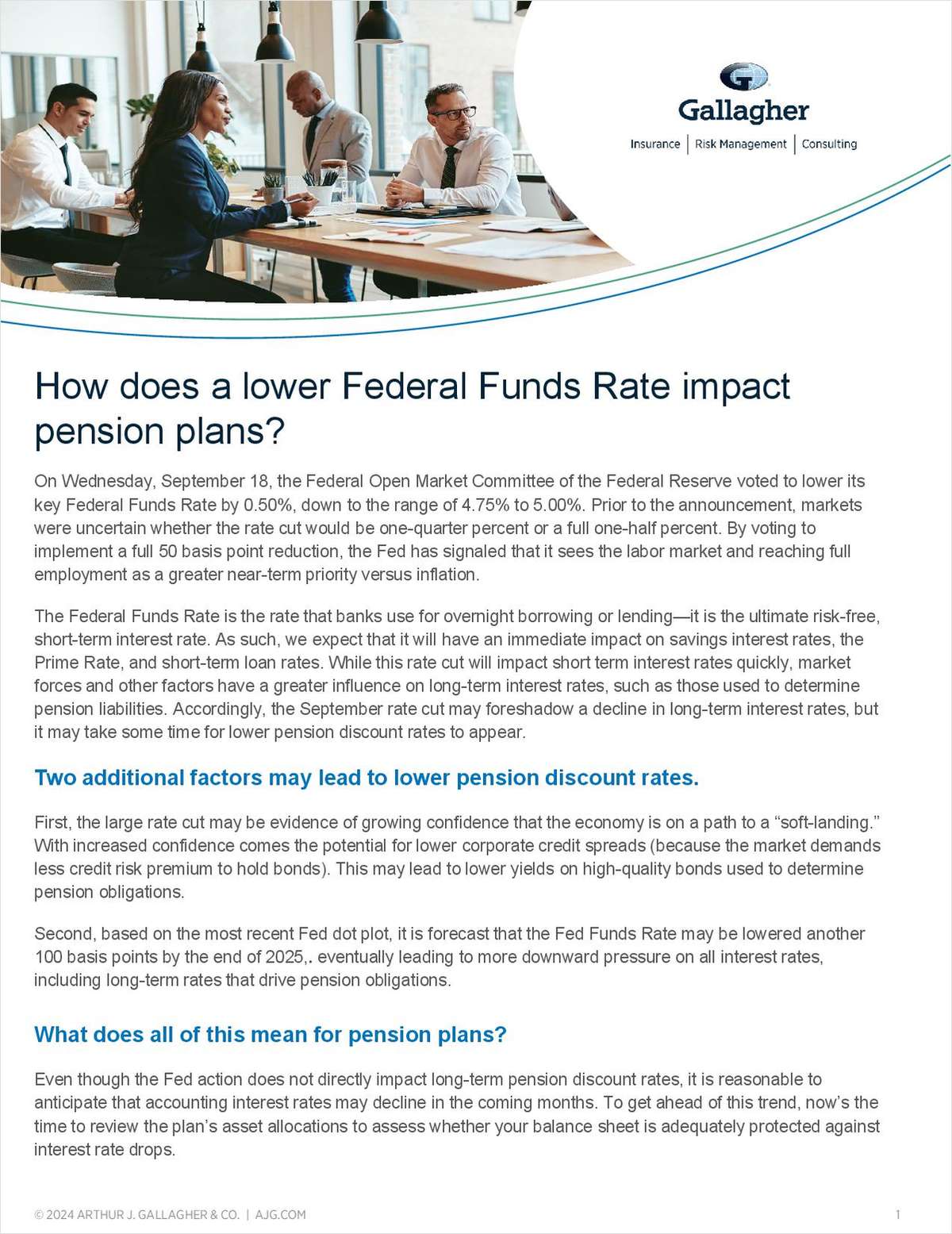SALT LAKE CITY, Calif. – A lagging economy will keep the United States in a recession for the rest of this year but there will be a return to solid growth later in 2002, according to a leading economist. "We have slowed down tremendously and we now suggest, as most do, that we are effectively in a mild recession," said Jeff Thredgold, president of Thredgold Economic Associates. "The consensus now for next year is a return to something around 3 percent growth after inflation, most of it taking place in the second half of the year," predicted Thredgold, whose opinions are often quoted in the Wall Street Journal, USA Today and Investor's Business Daily and who has appeared on CNN and CNBC-TV. He has also spoken at conferences sponsored by the Credit Union National Association (CUNA) and the World Council of Credit Unions. Thredgold addressed this point and others when he spoke recently during an educational session at the California Credit Union League annual meeting and convention. Thredgold called for additional tax cuts, predicted long-term mortgage rates in the next 18 to 24 months could plunge to 5%, a rate he said hasn't been seen for about 50 years, and said he expected the Federal Reserve Board to cut interest rates by up to 50 basis points in the next few months. He urged Americans to "get back on our path to growth" and to not be cowed by the recent terrorist attacks in the U.S. "September 11 as you know was an attack on American confidence," he said. "This anthrax stuff is an attack on American confidence. We need to get back to living our lives the best that we can and not let terrorists score any kind of victories in terms of our emotional well-being, our feelings of safety and well-being. "We need to get back and prove them wrong, that this is America. We can get back on our path to growth," said Thredgold. On other economic issues he predicted that the labor market would continue to be tight. He said he expected the unemployment rate to jump sharply in November from the current 4.9 percent to 5.2 percent or 5.3 percent. "Even at 4.9 percent, it still is close to full employment," Thredgold said. "Tight labor availability is not going to go away," he added. He noted that the majority of people entering the work force over the next 30 years would be minorities, "both domestic and foreign, legal and illegal." Inflation will not be an issue in the future, he said, and pointed to four key factors that would keep inflation in check. Among the factors he cited was fierce competition by companies worldwide, including those in the financial services sector. "We have estimated one-third excess capacity in every major industry in the world," he said. "That breeds intense competition." Other factors he said would hold down inflation included consumer spending trends, the investment in technology by business, and the impact of the Internet, which he said would save businesses worldwide $1.25 trillion over the next three years. Thredgold said expectations for the U.S. economy in 2002 have been revised upwards from estimates issued prior to the Sept. 11 terrorist attacks on the World Trade Center in New York City and the Pentagon in Washington, D.C. "There's an enormous amount of stimulus in the pipeline," he said. "A lot of stimulus coming into the economy." That stimulus includes aggressive interest rate cuts by the Federal Reserve Board, spending to rebuild the World Trade Center, tax cuts and tax credits, research and development credits and rebates for low-income people, he said. As for the California economic outlook, Thredgold said the state, like other states, was facing some serious issues. He noted that California's problems were compounded by "the enormous cost tied to the electricity fiasco" and the disappearance of the state's $7 billion surplus. "Budget projections for next year are terrible," he warned. Thredgold, however, said things would be looking up for the state. "California by itself is now the fifth largest economy in the world," he said. "I think the California economy will struggle for a few months with basically zero growth and then pick up speed led by defense, security firms and some improvement in prospects for the Pacific Rim as well." – [email protected]
Complete your profile to continue reading and get FREE access to BenefitsPRO, part of your ALM digital membership.
Your access to unlimited BenefitsPRO content isn’t changing.
Once you are an ALM digital member, you’ll receive:
- Breaking benefits news and analysis, on-site and via our newsletters and custom alerts
- Educational webcasts, white papers, and ebooks from industry thought leaders
- Critical converage of the property casualty insurance and financial advisory markets on our other ALM sites, PropertyCasualty360 and ThinkAdvisor
Already have an account? Sign In Now
© 2024 ALM Global, LLC, All Rights Reserved. Request academic re-use from www.copyright.com. All other uses, submit a request to [email protected]. For more information visit Asset & Logo Licensing.








